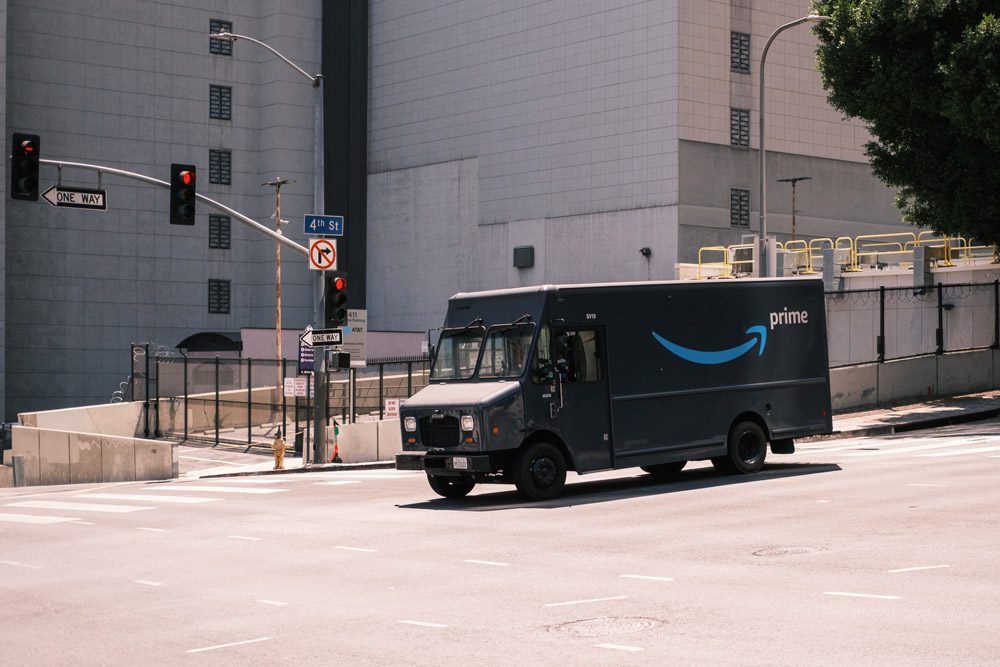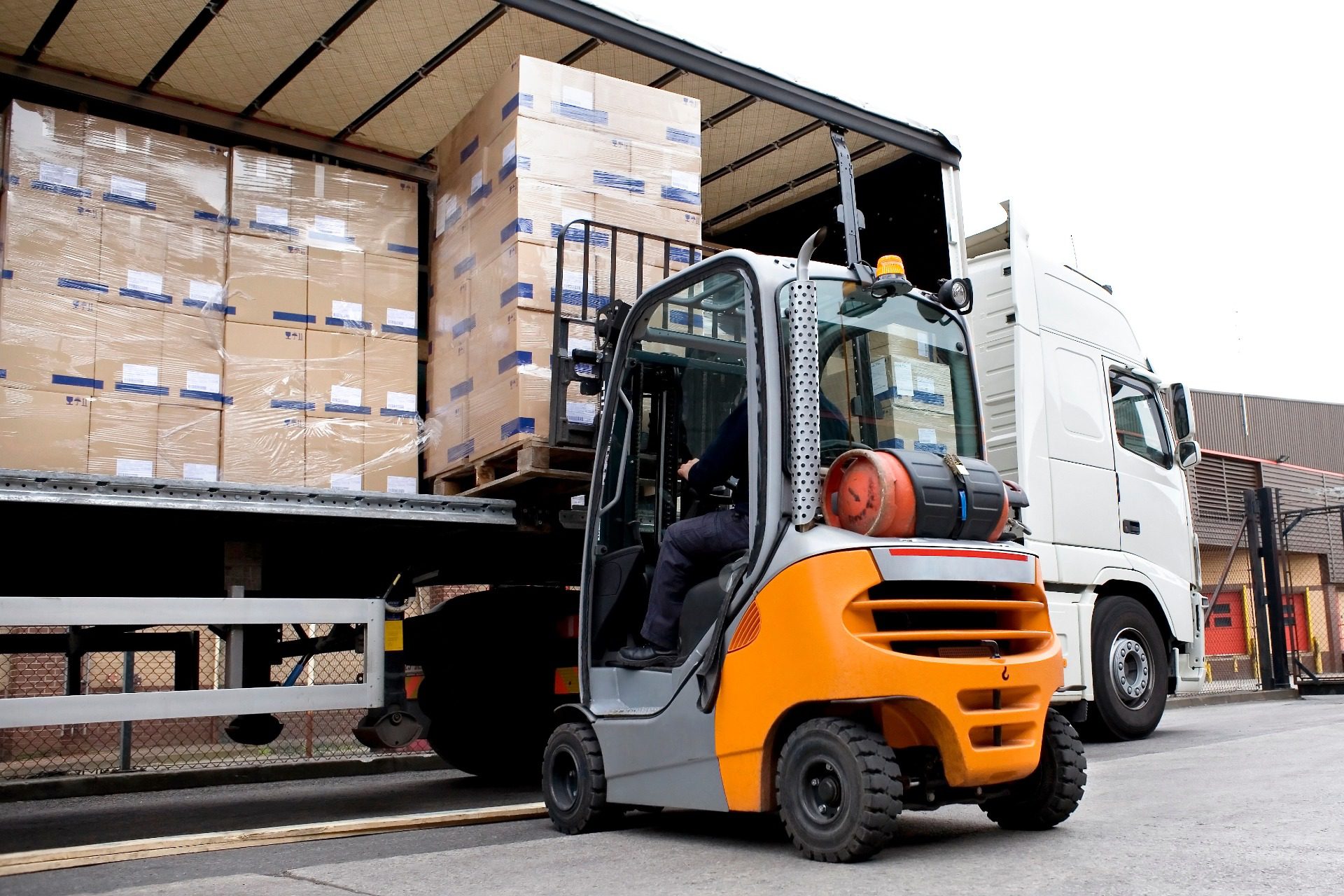Gone are the days of needing something for the house or family, jumping in the car, and traveling to purchase items. Now, purchasing goods is only a click away, to be shipped to our doorsteps within days. Online marketplaces are only projected to grow as well, the convenience and simplicity of consumers purchasing items online have increased in popularity in the past years. One of the most prominent and popular online marketplaces is Amazon. Many merchants and third-party sellers will choose Amazon FBA (Fulfilled by Amazon) for their business operations to streamline the process of reaching and selling to their customers. But how does Amazon FBA work?
In this article, we’ll answer the question of “Is Amazon FBA worth it?” as well, how it works, and some of the other options available to those looking to learn more about Amazon FBA. With the growing number of online marketplaces, it’s smart to understand all your options as an online merchant or third-party seller.
- What is Fulfilled By Amazon
- Pros and Cons of Amazon FBA
- FBA vs FBM
- FBA vs SFP
- New Ecommerce Marketplaces
What is Fulfilled By Amazon
For those first learning their options for online marketplaces, it’s common to come across the question of “What is the Amazon FBA program?” Amazon FBA is an option for merchants looking to sell their goods online that could benefit from the existing infrastructure and logistics in place through Amazon. The FBA service allows these businesses to expand their success with access to Amazon’s shipping and fulfillment centers, packing and shipping logistics, and customer service programs. Amazon FBA allows new or growing online businesses to expand their services with reliable and effective fulfillment processes through Amazon.
How to Setup Amazon FBA Account
Now that we understand what Amazon FBA is and how Amazon FBA works, it’s natural to be curious about how to set up an Amazon FBA account. Luckily, setting up an account through Amazon is pretty simple, especially if you already have a strong understanding of the products that will be sold and what is required to ensure a happy delivery to your customers. The steps for setting up an Amazon FBA are below, but ShipCalm can help businesses get set up through Amazon FBA as well!
- Set up an FBA account – Begin by setting up an Amazon seller account through Amazon’s website. You will need an active seller account to set up FBA.
- Create Product Listings – Make sure you’re aware of what products you would like to be listed and fulfilled through Amazon. Add these products to the Amazon Marketplace through the FBA account.
- Prepare Products – Once an account has been created and the products are listed on Amazon’s marketplace, it’s time to prepare products for FBA. Make sure to become aware of what type of FBA preparations need to occur to ensure items can be delivered appropriately.
- Ship Products to Amazon – Once items are properly prepared for Amazon FBA, ship items to Amazon’s fulfillment centers so that they’re ready to be packaged and shipped off to your happy customers!
Pros and Cons of Amazon FBA
While Amazon FBA is a great option for those new to packaging and shipping logistics, there is always worth weighing the pros and cons before making any major business decision. Amazon FBA is a valuable option to online merchants, with its fair share of advantages and disadvantages. Let’s break down a few of these pros and cons to better understand whether or not Amazon FBA is worth it for your online business.
Benefits of Fulfilled By Amazon
While there are certainly drawbacks to any fulfillment service, there are many benefits to choosing Amazon FBA for your shipping needs. Besides, Amazon is one of the largest online marketplaces in the world, with little change detected on the horizon. Some of the biggest benefits of Amazon FBA include:
- Large user base – As we briefly mentioned, Amazon is a very popular and well-known online marketplace. With a ton of consumers already shopping through the marketplace, the likelihood of your goods being seen and purchased are much higher than grassroots efforts.
- Market Share – Amazon continues to grow, and Amazon’s market share is 52 percent of the e-commerce market as of 2019. Amazon has a large amount of market share and as an Amazon FBA seller, you can access this market.
- All-In-One Services – Once your products are in Amazon’s hands, they handle shipping, product storage, returns, and customer service. These services are a great option for new entrepreneurs that are still expanding their experience.
- Scalability – Growing your business is a lot easier with access to Amazon’s marketplace. Not only is Amazon able to handle an influx of shipments more easily but they can access online markets that would be difficult to reach independently.
- Prime Delivery – By taking advantage of the Amazon Prime badge, Amazon FBA sellers can offer expedited shipping. Shipping can make or break a consumer’s choice to purchase something, so Amazon Prime delivery can be incredibly lucrative for your business.
- Omnichannel Fulfillment – For those that may want to keep existing fulfillment channels, such as a personal website, Amazon allows multi-channel selling and will fulfill orders with these other channels in place! The omnichannel fulfillment is a great option for those unsure if they want to go all-in on Amazon FBA.
Cons of Fulfilled By Amazon
With the benefits of Amazon FBA comes a few drawbacks that should be considered before setting up an Amazon FBA seller account. Every business is different, so Amazon FBA might not be for every online merchant. Some of the most prominent cons of choosing Amazon fulfillment include:
- Cost – FBA can be costly and not worth it for low-cost products. Choosing any fulfillment service will need to be an ultimately profitable choice. Online merchants can refer to the Amazon FBA calculator to calculate fees for their items. Amazon will also deduct their FBA costs from the money you are owed if you are short and will require a credit card on file to make sure they are always whole. This process can be bad if you are a low-volume seller with sporadic sales.
- Storage Fees – Amazon storage is a great option as long as you trust those products will sell in a reasonable time. The longer a product sits in storage the more it can cost to store those goods. Also, Amazon does not want to hold products not actively for sale, so sellers might run into issues down the line.
- Sales Tax – The sales tax can be difficult for new sellers to fully grasp, but Amazon provides tools to help. However, if your store is based in one state but the product is in another state, sales taxes can get confusing to calculate for new business owners.
- Increase in product returns – When selling through Amazon FBA, your business is at the mercy of Amazon’s fulfillment process. Amazon makes the return process painless, so at times sellers have seen increases in returns. These returns can hurt the bottom line if the increase is too high. While Amazon handles the process, this can still hurt a business.
- Product Prep – The product preparation stage can be an involved one for sellers, as the product needs to be prepared to Amazon standards. Amazon FBA prep can be time-consuming as well as expensive. Luckily, ShipCalm offers Amazon FBA prep services to reduce that cost.
- Commingled Inventory – While Amazon FBA can help your business by speeding up shipping, if you run out of stock, the fees can hurt your bottom line. Commingled inventory is an option that needs to be approved, but can hurt your business if the product selected is defective or not high quality, which can be difficult to determine as the third party seller.
FBA vs FBM
For those who have weighed the pros and cons of Amazon FBA and feel like it might not be right up their business’ alley, there are other fulfillment options available through Amazon worth considering. Amazon Fulfilled By Merchant is a fulfillment option that allows online merchants and sellers to sell and market their products through the Amazon marketplace while also claiming responsibility for the shipping and delivery process of those items. So if you’re an online business looking to gain the positive exposure and reach that amazon offers while still taking care of the fulfillment logistics, you can always begin with a Fulfilled by Merchant inventory option before moving forward with a full Amazon FBA agreement.
For businesses that seek to have strong control over their inventory management, customer service, and shipping logistics, an Amazon FBM model might be the smartest choice. Amazon FBA makes online merchants take a huge step back from many of these options, so Amazon FBM is a great compromise.
FBA vs SFP
For those uninterested in both Amazon FBA and Amazon FBM, they might find it worth the time to learn more about Seller Fulfilled Prime (SFP). Merchants need to go through a qualification process for the program, but once approved, online sellers can offer Amazon Prime services on their digital marketplace. These sellers can display the “Prime” badge regardless of if they fulfill their orders through a third-party logistics provider or their own warehouse. By qualifying for the programs, sellers no longer rely on Amazon FBA. SFP is a great option for businesses that seek to have full control over inventory and product fulfillment while still also supporting long-term growth and consumer happiness.
New Ecommerce Marketplaces
There is no denying that Amazon is the titan of e-commerce businesses. Nowadays, purchasing items as simple as groceries and toiletries can all be done through Amazon, arriving at doorsteps within days due to Amazon’s Prime delivery options. Partially due to Amazon’s widespread popularity, more and more e-commerce businesses have begun popping up. Additionally, many popular sellers have expanded their online marketplaces, such as Target and Walmart, which have both grown their online networks and shipping logistics. The increase in new or improved e-commerce marketplaces has increased options for online businesses looking to grow their sales.
Let ShipCalm Help Grow Your Ecommerce Business Today!
In looking forward to 2022, online merchants and businesses should always be identifying their best options for inventory management and product fulfillment. Especially for new entrepreneurs, exploring if Amazon FBA is worth it for their business needs is a valuable option. ShipCalm has extensive experience working with Amazon FBA and the Amazon marketplace through every stage of the product fulfillment process. Boasting competitive pricing and comprehensive inventory management processes, ShipCalm makes exploring third-party selling simple. Contact a ShipCalm representative today to learn more!




